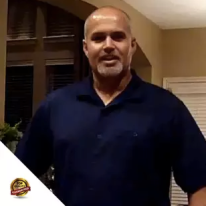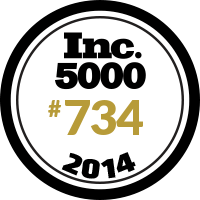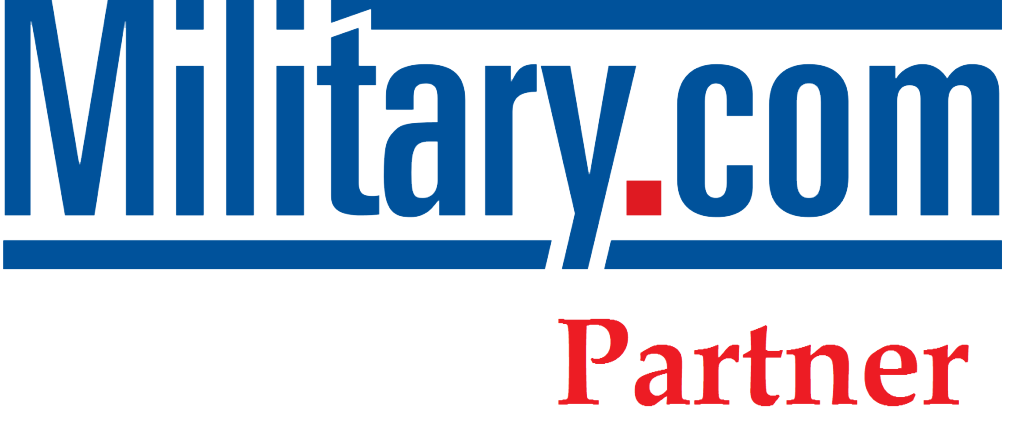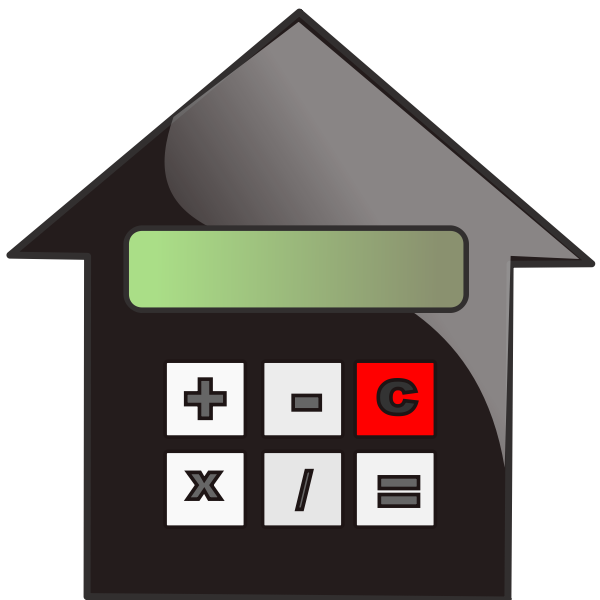VA funding Fee: All You Need to Know in 2025
Start the easy application process now
"*" indicates required fields
The VA Funding Fee is a fee that is paid directly to the Department of Veterans Affairs for every VA Home Loan that is made. The funds that the VA receives from the VA Funding Fee are used to pay out claims on previously defaulted VA Loans. The purpose of the VA Funding Fee is to reduce the overall cost to the tax payers and to ensure that the VA Home Loan program is available to all Veterans in the future. Use our simple calculator below to calculate your VA Funding Fee!
The percentage charged for the VA Funding Fee is based on the type of service, the purpose of the loan, the percentage of down payment, and if a Veteran has previously used their VA Home Loan Benefit. It is important to note that any Veteran receiving service-connected disability compensation is EXEMPT from paying the VA Funding Fee.
Is it Compulsory to Pay the VA Funding Fee?
If you’re utilizing a VA home loan to purchase, refinance a mortgage, improve, or fix a home, you’ll have to pay the VA loan funding fees except if you meet specific prerequisites. You might be eligible for a refund of the VA funding fee if you’re subsequently granted VA compensation for service connected disability. The start date of your compensation should be in effect before the date of your loan closing.
Why is the VA Funding Fee Assessed?
The VA funding fee assists the Department of Veterans Affairs by ensuring that the loan program stays afloat. In addition, paying your funding fee enables the VA to offer different veterans a similar home buy benefit in the future. In particular, the funding fee safeguards your home loan. The VA insurance on your loan allows private mortgage banks to give veterans and active duty service advances with no upfront payment and no Private Mortgage Insurance(PMI). In addition, VA-insured loans provide favorable mortgage rates compared to other mortgage lenders. As a result, VA loans usually give veterans a preferable deal to standard mortgages, even with the VA funding fee.
VA Streamline Refinance Funding Fee
Veterans reducing their interest rate with a VA Streamline Refinance will be charged a reduced funding fee of 0.5%.
VA Home Purchase Loan Funding Fee
Veterans of active duty military service the VA Funding Fee is 2.15% for a first time use with no down payment. Reservist and National Guard Members will be charged a VA Funding Fee of 2.4% for a first time use with no down payment.
| VA Home Loan Purchase Funding Fee | |||
| Type of Service |
Down Payment |
First Time Use |
Subsequent Use |
| Active Duty Military |
0% |
2.15% |
3.30% |
| Active Duty Military |
5% |
1.50% |
1.50% |
| Active Duty Military |
10% |
1.25% |
1.25% |
| Reservist or National Guard |
0% |
2.40% |
3.30% |
| Reservist or National Guard |
5% |
1.75% |
1.75% |
| Reservist or National Guard |
10% |
1.50% |
1.50% |
VA Cash-Out Refinance Funding Fee
Veterans converting their existing loan to a VA Loan or taking cash-out will pay a VA Funding Fee of 2.15% if this is their first use of a VA Loan or 3.3% if they have previously used a VA Home Loan.
|
VA Cash-Out Refinancing or VA Loan Conversion |
|||
| Type of Service |
First Time Use |
Subsequent Use |
|
| Active Duty Military |
2.15% |
3.30% |
|
| Reservist or National Guard |
2.40% |
3.30% |
|
| VA Streamline Refinance |
0.50% |
||
The VA funding fee is required by law. The fee, currently 2.15% on no down payment loans for a first-time use, is intended to enable the veteran who obtains a VA home loan to contribute toward the cost of this benefit, and thereby reduce the cost to taxpayers. The funding fee for second time users who do not make a down payment is 3.3%. The idea of a higher fee for second time use is based on the fact that these veterans have already had a chance to use the benefit once, and also that prior users have had time to accumulate equity or save money towards a down payment.
For purchase and construction loans, members of the regular military fall into the category of first time user or subsequent user. For first time users, no down payment requires a 2.15% fee, down payment of at least 5 percent but less than 10 percent requires a 1.5% fee, and down payment of 10% or more requires a 1.25% fee. For subsequent users, no down payment requires a 3.3% fee, down payment of at least 5 percent but less than 10 percent requires a 1.5% fee, and down payment of 10% or more requires a 1.25% fee.
For the category of Reserves / National Guard, first time users with no down payment requires a 2.4% fee, down payment of at least 5 percent but less than 10 percent requires a 1.75% fee, and down payment of 10% or more requires a 1.5% fee. For subsequent users for the category of Reserves / National Guard, no down payment requires a 3.3% fee, down payment of at least 5 percent but less than 10 percent requires a 1.75% fee, and down payment of 10% or more requires a 1.5% fee.
Cash-out refinancing loans for regular military require a 2.15% fee for first time users and a 3.3% fee for subsequent users. For Reserves / National Guard, the requirement is a 2.4% fee for first time users and a 3.3% fee for subsequent users. If there are down payments involved, refer to the information above. On interest rate reduction loans, the VA funding fee is .50% and it is 1.0% on Manufactured Home Loans.
The following persons are exempt from paying the funding fee: Veterans receiving VA compensation for service-connected disabilities. Veterans who would be entitled to receive compensation for service-connected disabilities if they did not receive retirement pay. Surviving spouses of veterans who died in service or from service-connected disabilities (whether or not such surviving spouses are veterans with their own entitlement and whether or not they are using their own entitlement on the loan). Please note that the VA has the final say on who is exempt
How Does the VA Funding Fee Differ From Mortgage Insurance?
The VA funding fee is less frequently called the VA loan mortgage insurance (PMI). The funding fee is the VA’s form of home loan insurance – your installment Is only expected when you finish up with your house, and it can be financed if need be. The terms funding fee, VA loan mortgage, and VA loan PMI are utilized reciprocally. Generally, they are practically the same and used for similar reasons – to some degree safeguarding the bank and the VA loan program on account of a borrower’s default. Let’s look at the see how the VA funding fee differs across various kinds of home loans: If you somehow apply for a conventional mortgage, you will be required to pay for private mortgage insurance (PMI). If you decide to apply for an FHA advance, you will pay for the Mortgage insurance premium (MIP). If you then happen to apply for a VA loan, you will pay for its mortgage funding fee. While these terms include implied meanings with their organizations, they are all similar processes if you decide to buy a home.
FAQ of VA Funding Fee
- Persons receiving VA compensation for a service-connected disability.
- Persons who are eligible to receive VA compensation for a service-connected disability but are receiving active-duty or retirement pay instead.
VA Mortgage Loans Benefits
No mortgage insurance
Since the VA guarantees the lender the top 25 percent of the loan, no mortgage insurance is required. Most conventional loans require a borrower to put down at least 20 percent of the purchase price or pay mortgage insurance. Mortgage insurance can be costly and does not ever go towards reducing your principal balance.
Competitive Interests Rates
Because the Department of Veteran Affairs guarantees each loan, interest rates are typically 0.25 to 1 percent lower than those of conventional loans.
No down payment
Saving enough money for a down payment can be especially difficult for active duty service members who are moving from base to base. Since there is no down payment required for a VA Home Loan, many veterans can purchase a home with little to no money out of pocket.
Thousands of Happy Home-Owners!






We are dedicated to
serving Those who served.



